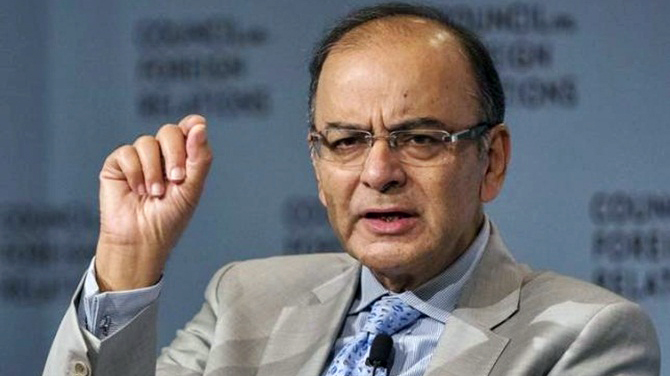Ahead of the Union Budget to be announced on February 1 this year, industry expectations are building up. After having made some major announcements in form of GST and demonetization, the government may now need to do a balancing act. Finance Minister Arun Jaitley certainly has a tough task ahead of him. The IT industry, in particular, is hoping for some tax relief and other reforms that can boost investment and improve the overall economic situation in the country. Sriram S, Co-Founder and Director at iValue InfoSolutions shares some of his expectations from Union Budget 2017.
Post Demonetization
Tax relief measures – Although taxes are always under the scanner every time the Union Budget is announced, this year the focus on tax reforms is much higher. After the demonetization drive, everyone is hoping for lower personal and corporate taxes as that would be a logical move to encourage honest tax payers and ensure better compliance and coverage.
Incentives for online payments – There should be some extra benefits or incentives to promote digital transactions, and perhaps some disincentives for cash transactions. These steps are necessary to promote a less-cash economy as digital payments cannot be encouraged through apps and PoS alone, considering the poor infrastructure and lack of digital literacy in the country.
Focus on cyber security – With increase in digitization, cyber security will play a big role in ensuring safety of online transactions. Therefore, the government must allocate a higher budget to enable cyber security across digital platforms.
Encouraging SMEs/Start-Ups – Income tax slab rates should be revised to give relief to IT start-ups or small and medium businesses, while larger businesses may be taxed at higher rates.
Impetus to IT Industry
Investment in infrastructure – As we move towards a digitally-oriented economy, the government would have to substantially improve the existing telecom and network infrastructure in the country. This obviously calls for substantially higher investments in this area.
Continued IT Focus – The government should continue to focus on smart cities, e-governance, online transactions/payments and other measures that will give impetus to the growth of IT industry.
Improve cash flows – Steps should be taken to improve the current cash flow situation in the market. For example, TDS refunds take 3-4 years, thereby impacting the availability of working capital to grow business. Upfront payment requirements for custom duties, service tax and VAT also affect the cash flow severely.
Other reforms – The industry would also benefit from simplification of existing tax procedures, clarity on dual taxation and variable tax rates across states and other such issues related to octroi/entry taxes, permits etc. that are expected to be addressed through GST.
Implementation of GST
Consolidated tax structure – GST will offer the much-needed clarity on taxes and ensure a consolidated tax structure with uniform rates across states facilitating smooth movement of goods across India.
GST timelines – The passing of GST Bill in both houses of the Parliament was a great achievement for the government last year. Even though the government expects GST rollout to happen by July this year, there is still some confusion on certain issues. The upcoming budget can bring about more clarity on GST and its specific timelines.
This year a lot depends on how the much-awaited Goods & Services Tax (GST) is implemented as that would define the other related tax reforms. We hope GST will be linked to collections and not sales, which will help in resolving some of the cash flow challenges of small and medium companies. Apart from this, the government may announce special incentives for honest taxpayers and take other positive steps to lift the economy post demonetization.
RELATED ARTICLES
ABOUT US
ELE Times provides a comprehensive global coverage of Electronics, Technology and the Market. In addition to providing in depth articles, ELE Times attracts the industry’s largest, qualified and highly engaged audiences, who appreciate our timely, relevant content and popular formats.
© ELE Times






